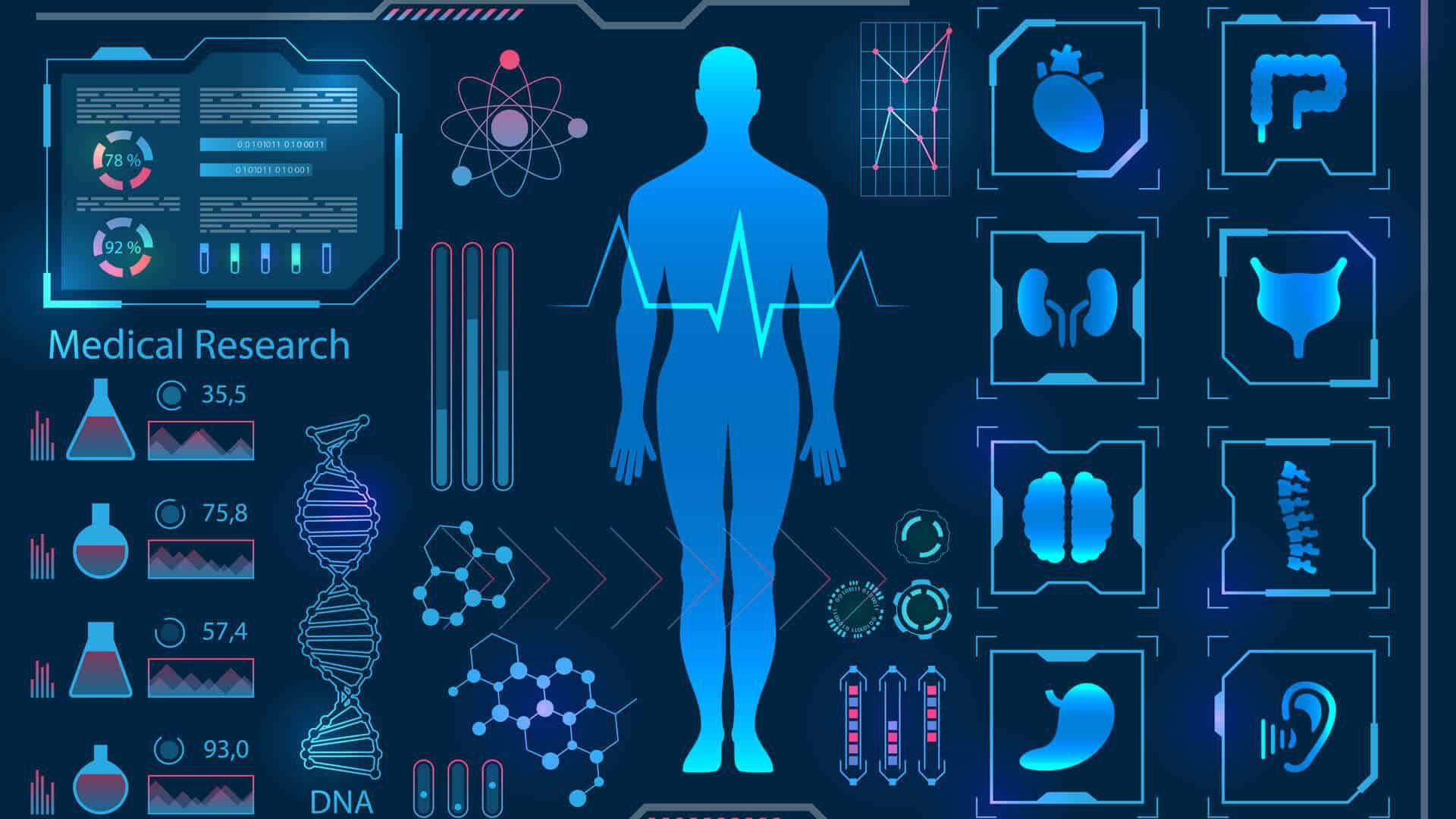
AI-Powered Algorithms Revolutionize Healthcare DiagnosticsAI-Powered Algorithms Revolutionize Healthcare Diagnostics Artificial intelligence (AI) is transforming the healthcare industry, and one of its most significant impacts is on diagnostics. AI-powered algorithms are enabling healthcare professionals to identify diseases and make more accurate diagnoses with unprecedented speed and efficiency. Early Detection and Diagnosis AI algorithms trained on vast datasets of medical images, patient records, and genomics can analyze patterns and identify potential health issues that may be missed by the human eye. This allows for early detection of diseases, such as cancer, cardiovascular disease, and neurodegenerative disorders. By catching diseases in their early stages, healthcare providers can intervene sooner, leading to improved patient outcomes. Precision Medicine AI algorithms also play a crucial role in precision medicine by analyzing individual patient data to determine the most appropriate treatment options. By considering genetic factors, lifestyle, and medical history, AI can help personalize treatments, resulting in more effective and targeted therapies. Automated Image Analysis AI algorithms excel at analyzing medical images, such as X-rays, MRIs, and CT scans. They can quickly identify abnormalities and classify diseases, reducing the workload of radiologists and improving the accuracy of diagnoses. This automation frees up healthcare professionals to focus on more complex tasks, such as patient consultations and treatment planning. Predictive Analytics AI algorithms can also predict the likelihood of developing certain diseases or complications based on an individual’s health history and risk factors. This information can be used for preventive care measures and targeted interventions to minimize the chances of disease progression. Challenges and Future Prospects While AI-powered diagnostics hold immense potential, there are challenges to consider. Ensuring data privacy and security is paramount. Additionally, algorithms must be developed and validated with diverse patient populations to avoid bias. Despite these challenges, the future of AI in healthcare diagnostics is promising. As technology advances, algorithms will become even more sophisticated and accurate, leading to further advancements in disease detection, precision medicine, and personalized care. AI has the power to revolutionize healthcare diagnostics, empowering healthcare professionals and improving patient outcomes.
Posted inNews